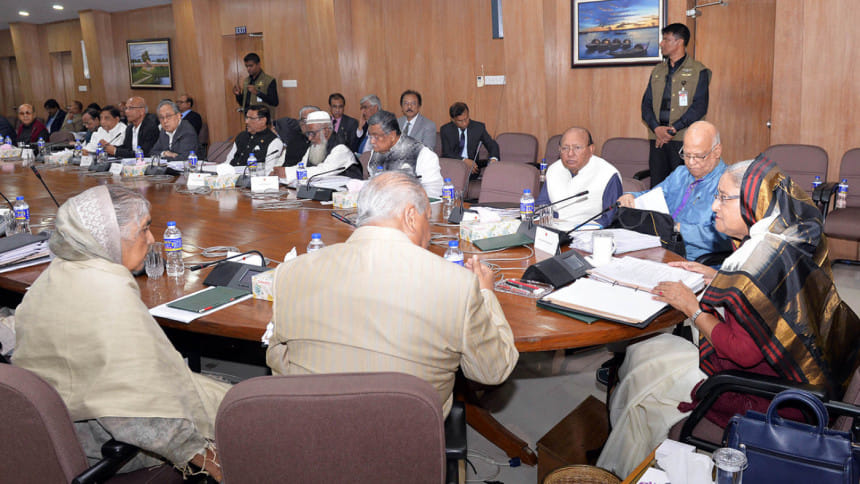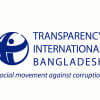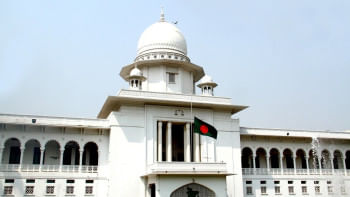Registration must for online mass media

The cabinet yesterday approved the draft of the National Online Mass Media Policy, 2017 incorporating a proposal for setting up a National Broadcast Commission to facilitate the operation of online mass media in a well-organised manner.
The approval was given at the weekly cabinet meeting at the Jatiya Sangsad Bhaban, with Prime Minister Sheikh Hasina in the chair.
Briefing reporters after the meeting at the Secretariat, Cabinet Secretary Shafiul Alam said the draft policy was formulated so that the online mass media could work in a well-organised manner upholding the national history and the spirit of Liberation War.
The new draft policy contained detailed guidelines for smooth running of online mass media, including radio, TV and newspapers, he added.
The cabinet secretary said each mass media outlet would have to be registered with the National Broadcast Commission. However, online media outlets already registered under the Press and Publications Act, 1973 would not require re-registration.
"The authorities concerned of the online media will have to inform the commission about their previous registration," Shafiul told journalists.
He said the government, in consultation with the commission, would formulate rules of procedures for smooth implementation of the Act. The Commission will be empowered to frame the guidelines for issuing licences to broadcasters.
The commission will also make recommendations to the government for giving licences to television, radio, internet TV or other digital broadcast stations and it will issue licences upon the government's approval.
Shafiul said the commission would issue show cause notice, initiate investigation, recommend the government for further proceedings against online media outlets if they broadcast something in violation of the National Broadcast Policy, 2014.
The commission would be able to take action against online media outlets if they violated the code of conduct and breached discipline, he said.
The commission will also be given the authority to take measures against any online media outlet if any of its contents pose a threat to security, territorial integrity, peace, public order and unity of the country; if it is vulgar, false and malicious or if it is against the spirit of the Liberation War and distorts national history.
The cabinet meeting also approved a proposal for an amendment to the Nationalised Private Primary Schools (fixation of conditions for services) Policy 2013.
Following the amendment to the policy, the teachers of the recently nationalised private primary schools will be included in the revenue sector provided they have teaching experience of 21 years or more along with Certificate in Education course certificate, Shafiul said.
The meeting approved in principle the draft of the Bangladesh Sugar (Road Development Cess) Bill, 2017.
The cabinet secretary said the Bangladesh Sugar (Road Development Cess) Ordinance was first promulgated in 1960.
The meeting also gave final nod to the Groundwater Management in Agricultural Activities Bill, 2017. The proposed law empowered the Upazila Parishad as the local government body to form and supervise the upazila irrigation committees.
After conducting field inspections, Shafiul said, the committees would issue licences to farmers and other interested people in exchange of fees to be determined by rules.
In case of using groundwater without any licence, the punishment will be a maximum fine of Tk 10,000, defaulting which the accused will have to spend seven years behind bars.
The meeting approved a proposal for ratifying the statute of the Islamic Organisation for Food Security, a specialised organisation under the Organisation of Islamic Cooperation (OIC).
The cabinet adopted a condolence motion at the deaths of around 160 people in recent landslides in Chittagong, Khagrachhari, Rangamati, Cox's Bazar and Moulvibazar and those killed in the recent fire incident at a tower in London.
Ministers, state ministers and secretaries concerned were present at the meeting.

 For all latest news, follow The Daily Star's Google News channel.
For all latest news, follow The Daily Star's Google News channel. 





Comments